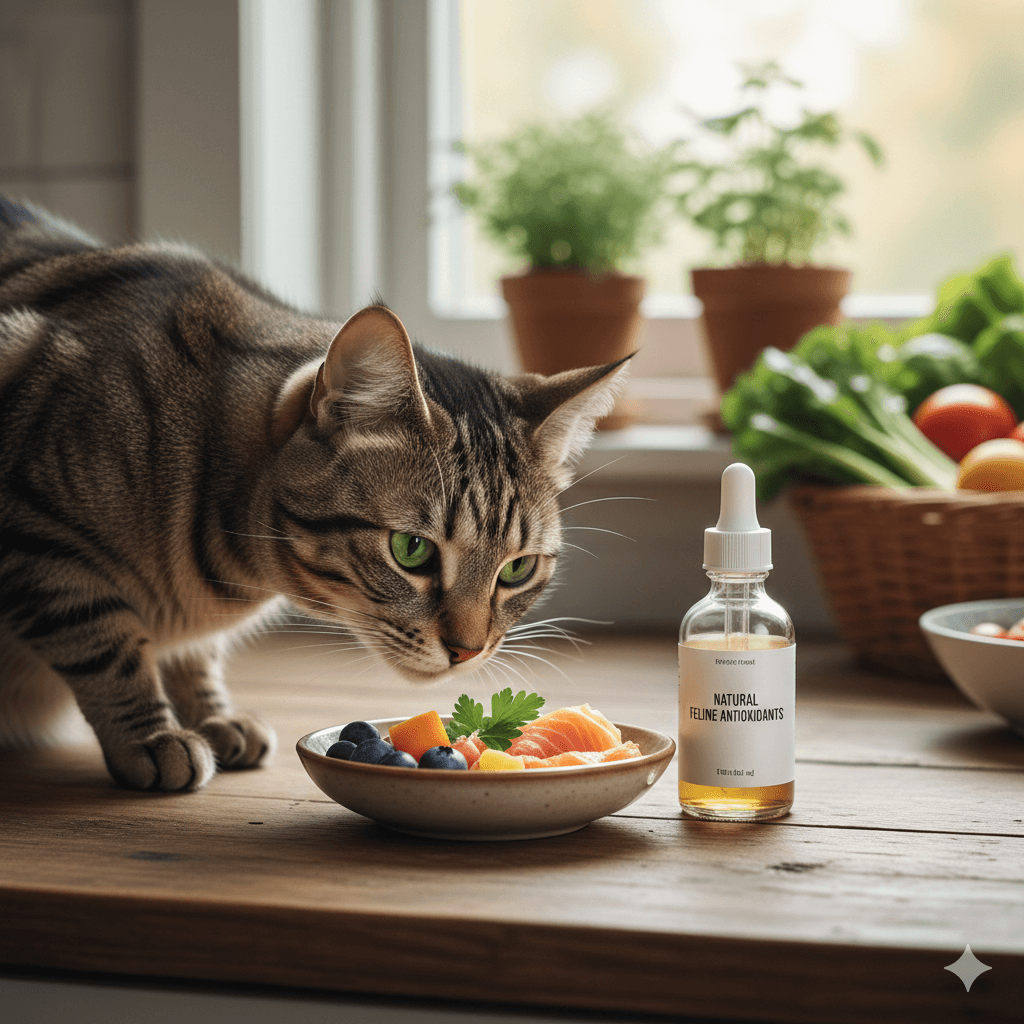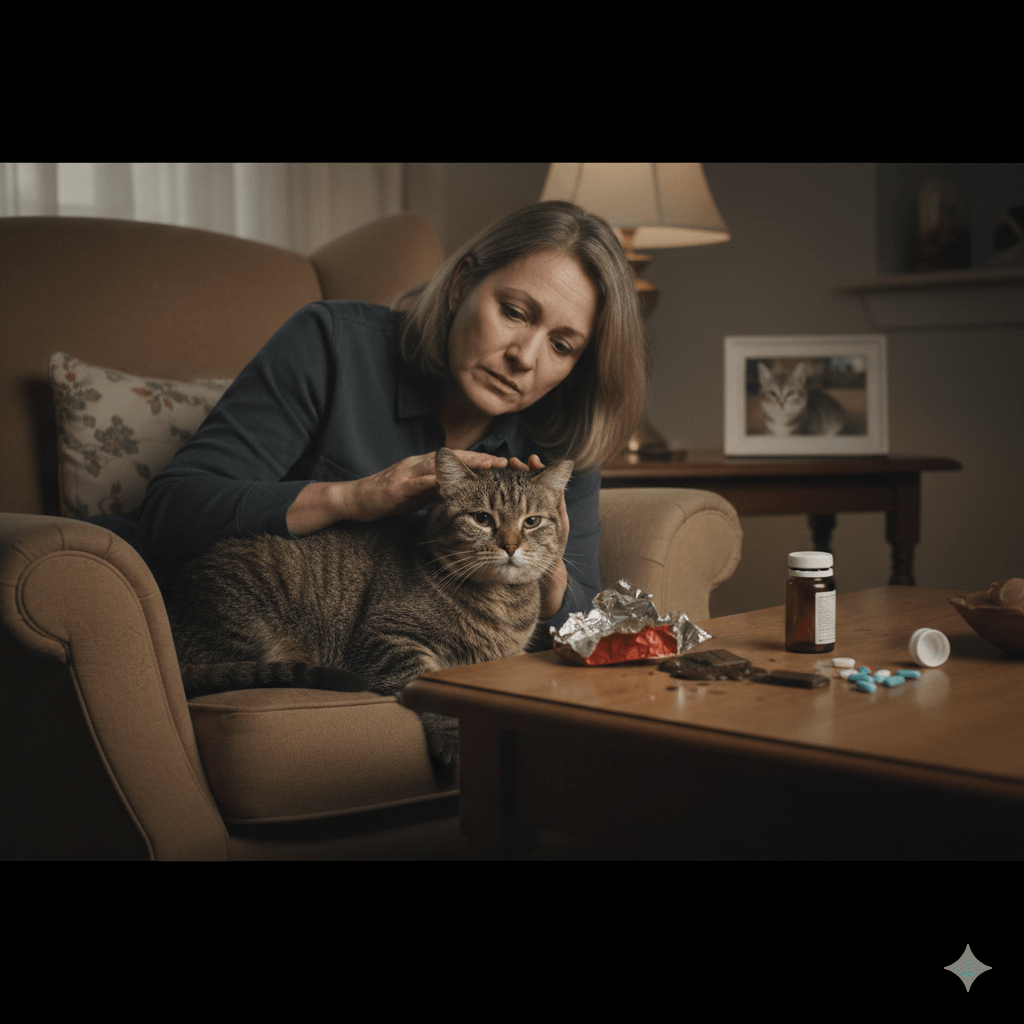Understanding Prolapsed Anus in Cats
Cats are beloved members of our families, bringing joy and companionship into our lives. However, as pet owners, we must also be prepared to face unexpected health challenges that may arise. One such condition is a prolapsed anus, a distressing and potentially serious issue that requires immediate attention. While it can be alarming to witness your feline friend in discomfort, understanding the condition and its implications is crucial for ensuring their well-being. In this blog post, we will explore how long a cat can live with a prolapsed anus, the factors influencing their prognosis, and the steps you can take to support their recovery.
What Is a Prolapsed Anus in Cats?
A prolapsed anus, also known as rectal prolapse, occurs when the inner lining of the rectum protrudes outside the body. This condition can cause significant discomfort and may lead to complications if left untreated. Below are some key facts about rectal prolapse in cats:
Rectal prolapse is often caused by straining during bowel movements.
It can result from underlying conditions such as constipation or diarrhea.
Parasites like worms may contribute to the development of this condition.
Trauma or injury to the rectal area can also lead to prolapse.
The severity of the prolapse can vary, ranging from mild to life-threatening.
Understanding these factors is essential for recognizing the signs early and seeking prompt veterinary care. By addressing the root cause, you can help improve your cat’s chances of recovery.
How Long Can a Cat Live With a Prolapsed Anus?
The lifespan of a cat with a prolapsed anus depends on several factors, including the severity of the condition, the presence of underlying health issues, and the timeliness of treatment. Without proper intervention, the prognosis can be grim. Here are some important considerations:
Untreated prolapse can lead to tissue damage and infection within days.
If the prolapse is mild and treated promptly, cats can recover fully.
Chronic conditions like constipation or diarrhea may increase the risk of recurrence.
Older cats or those with weakened immune systems may face additional challenges.
Surgical intervention may be necessary in severe cases to prevent further complications.
Early diagnosis and treatment play a critical role in determining your cat’s long-term health. Consulting a veterinarian as soon as possible is vital for ensuring the best outcome.
Check this guide 👉 Understanding Haws Syndrome in Cats: Best 7 Expert Care Tips
Check this guide 👉 Understanding Cat Antibiotics: Best 7 Expert Tips!
Check this guide 👉 Understanding the Role of Cat Laxatives: Best 7 Expert Tips!

Factors Affecting Recovery | Signs to Watch For |
|---|---|
Timely veterinary intervention | Visible rectal tissue protruding |
Absence of underlying diseases | Excessive licking of the anal area |
Proper post-treatment care | Straining during bowel movements |
Age and overall health of the cat | Blood in stool or discharge |
Adherence to dietary adjustments | Lethargy or loss of appetite |
Treatment Options for Rectal Prolapse in Cats
Treating a prolapsed anus in cats requires a tailored approach based on the severity of the condition. Veterinarians may recommend various interventions to address the issue effectively. Consider the following options:
Manual reduction of the prolapse under sedation.
Medications to reduce inflammation and pain.
Antibiotics to prevent or treat infections.
Dietary changes to address underlying digestive issues.
Surgery to repair severe or recurring prolapses.
Each treatment plan should be customized to suit your cat’s unique needs. Working closely with your veterinarian ensures that your feline companion receives the best possible care.
Preventive Measures to Avoid Rectal Prolapse
Prevention is always better than cure, especially when it comes to your cat’s health. Taking proactive steps can significantly reduce the risk of rectal prolapse. Here are some preventive measures to consider:
Ensure your cat has access to fresh water at all times.
Feed a balanced diet rich in fiber to promote healthy digestion.
Schedule regular vet check-ups to monitor your cat’s overall health.
Treat parasitic infections promptly to prevent complications.
Monitor your cat’s bowel movements for signs of irregularity.
By incorporating these practices into your routine, you can help safeguard your cat against potential health issues. Prevention not only enhances their quality of life but also strengthens the bond you share.
Signs That Your Cat May Be in Pain
Cats are masters at hiding pain, but certain behaviors and physical signs can indicate discomfort caused by a prolapsed anus. Recognizing these symptoms early can help you seek timely veterinary care. Here are some common signs to watch for:
Excessive grooming or licking around the anal area.
Frequent attempts to defecate without producing stool.
Visible swelling or redness around the rectal region.
Vocalizations such as meowing or crying during bowel movements.
Reluctance to sit or rest in a normal position.
If your cat exhibits any of these signs, it’s crucial to consult a veterinarian promptly. Early intervention can prevent further complications and ensure your cat’s comfort.
Dietary Adjustments to Support Recovery
A well-balanced diet plays a vital role in managing and preventing digestive issues that could lead to rectal prolapse. Making thoughtful dietary adjustments can support your cat’s recovery and overall health. Consider the following recommendations:
Increase fiber intake through wet or dry food formulated for digestive health.
Ensure your cat has constant access to fresh, clean water to prevent dehydration.
Avoid feeding table scraps or foods that may upset their stomach.
Introduce new foods gradually to avoid shocking their digestive system.
Consult your vet about prescription diets if your cat has chronic digestive issues.
By prioritizing your cat’s nutrition, you can help them maintain a healthy digestive system and reduce the risk of recurring problems.
Emotional Support During Recovery
Recovering from a prolapsed anus can be a stressful experience for your cat, both physically and emotionally. Providing emotional support during this time is just as important as addressing their medical needs. Here are some ways to comfort your feline friend:
Spend extra time with your cat to reassure them and reduce anxiety.
Create a calm and quiet environment to promote relaxation.
Offer gentle petting or brushing to strengthen your bond.
Use pheromone diffusers to help soothe stress-related behaviors.
Avoid introducing new pets or significant changes to their routine.
By nurturing your cat’s emotional well-being, you can help them feel safe and supported throughout their recovery journey.
Frequently Asked Questions About Rectal Prolapse in Cats
What causes a prolapsed anus in cats?
A prolapsed anus can result from excessive straining during bowel movements, often due to constipation, diarrhea, or parasitic infections.
Can a cat recover from a prolapsed anus?
Yes, with timely veterinary care and appropriate treatment, many cats can recover fully from a prolapsed anus.
Is surgery always required for rectal prolapse?
Yes, with timely veterinary care and appropriate treatment, many cats can recover fully from a prolapsed anus.
How can I tell if my cat has a prolapsed anus?
Yes, with timely veterinary care and appropriate treatment, many cats can recover fully from a prolapsed anus.
What should I do if I suspect my cat has a prolapsed anus?
Contact your veterinarian immediately for an evaluation and treatment plan.
Prioritizing Your Cat’s Health and Well-Being
A prolapsed anus is undoubtedly a concerning condition for any cat owner, but with prompt action and proper care, your feline companion can overcome this challenge. Understanding the causes, treatment options, and preventive measures empowers you to make informed decisions about your pet’s health. Remember, your veterinarian is your greatest ally in ensuring your cat’s long and happy life. By staying vigilant and proactive, you can continue to cherish the unconditional love and joy your cat brings into your home.
Natural Antioxidants for Cats: Best 7 Expert Tips! – Discover how antioxidants boost your cat’s health, support longevity, and protect against oxidative stress naturally.
Can Dogs Be Lactose Intolerant? Best 7 Expert Tips! – Discover symptoms, safe alternatives, and how to manage lactose intolerance in dogs effectively.
Natural Antioxidants for Dogs: Best 7 Expert Tips! – Discover how antioxidants boost immunity, fight aging, and keep your dog healthy naturally.
Long-Term Effects of a Cat Eating Chocolate: Best 7 Tips! – Learn the risks, symptoms, and how to protect your cat from lasting health issues.





